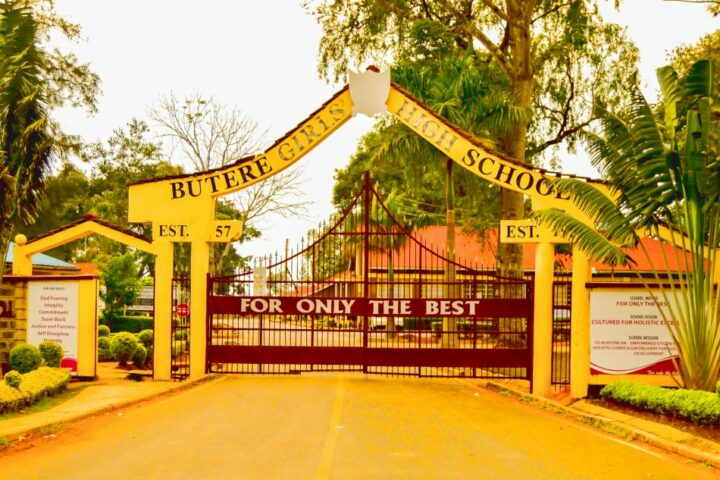
The Kenya Prison Service (KPS) is undergoing a significant transformation with the revival of prison industries, social protection programs, and agricultural initiatives. These ongoing reforms aim to benefit inmates while also enabling the government to generate revenue. By equipping inmates with skills, the government hopes to facilitate their reintegration as productive members of society.
Correctional Services Principal Secretary Salome Beacco announced that the government has already identified eight priority areas for reform. These focus on strengthening administrative, legal, and policy support, enhancing education and training programs, improving institutional infrastructure and operational capacity, addressing housing needs, and promoting environmental sustainability and climate change mitigation.
A Rights-Based Approach to Rehabilitation Programs
According to PS Beacco, the reforms will provide inmates with both vocational and agricultural training. “We aim to demonstrate that our correctional facilities are not merely places of confinement but also hubs for rehabilitation and personal development,” she stated.
KPS has since initiated several agricultural and industrial programs, including potato production in Nyandarua, maize milling at Naivasha Prison, and rice milling in Mwea. Orchards have also been established in Kamiti, Ngeria, Nakuru Main Prison, Makueni, and Maranjau prisons as part of these reforms.
The revitalization of prison farms focuses on boosting productivity by increasing the area dedicated to crop and livestock production, utilizing inmate labor to achieve these goals. This initiative forms part of a broader strategy to enhance agricultural output within correctional facilities, which will contribute to both inmate rehabilitation and the overall self-sufficiency of the prison system.
In addition to agricultural initiatives, the government is constructing bakeries in prisons located in Kisumu, Mombasa, Meru, Nyeri, and Eldoret. The government also plans to increase the production of manufactured goods, particularly by revamping the leather industry at Kitengela and Kamiti prisons.
Inmate Participation in Government Initiatives
The KPS is well-regarded for producing high-quality furniture and has played a crucial role in several notable projects. Among these is the renovation of the National Assembly and Senate debating chambers, which involved the manufacture and installation of members’ seats. Currently, KPS is renovating the headquarters of the Directorate of Criminal Investigations (DCI).
KPS will also produce tree seedlings, including indigenous and fruit trees, and expand orchards while enhancing the landscaping of correctional facilities nationwide. In line with reducing reliance on wood fuel, the government plans to upgrade prison kitchens with LPG gas and biogas systems.
Furthermore, inmates will actively contribute to environmental conservation efforts by planting 100 million trees annually in correctional facilities throughout the country. This initiative aligns with the government’s objective to increase Kenya’s forest cover, which currently stands at less than 10 percent, to a minimum of 12 percent, as mandated by the United Nations (UN).
As part of the government’s affordable housing program, prisoners will also participate in the construction of 28,000 housing units, according to PS Beacco.
Modernizing Prison Operations through Digital Innovations
To streamline operations with the government’s digital payment platform, Beacco announced that the Prisons Enterprise has consolidated all 210 paybills into a single government paybill (222222) for revenue collection. All payments will now be processed cashless through eCitizen, EFT, and company cheques.
“A team of experts has been formed and gazetted to address the stipend issues for prisoners, and they will advise my State Department accordingly via a report,” added the PS, who also serves as an advocate of the High Court.
Moreover, the government is developing an integrated offender records and case management system. This includes procuring ICT equipment and infrastructure to establish e-courts across all correctional facilities in Kenya.
Currently, Kenya operates 135 prisons, which include six women’s prisons and three juvenile facilities, housing over 63,000 inmates. This substantial population places a significant financial strain on the government, which must provide for their needs despite limited resources. The country also has 142 probation units to manage offenders within the community.
As part of the ongoing reforms, the government aims to decongest prisons by adopting community corrections and alternative dispute resolution methods. These reforms seek to improve the welfare of offenders while emphasizing rehabilitation and reintegration.
The PS noted that the rehabilitation programs and vocational training offered to inmates will be automated to enhance efficiency, ensuring that the reforms yield tangible benefits for both the inmates and society as a whole.








